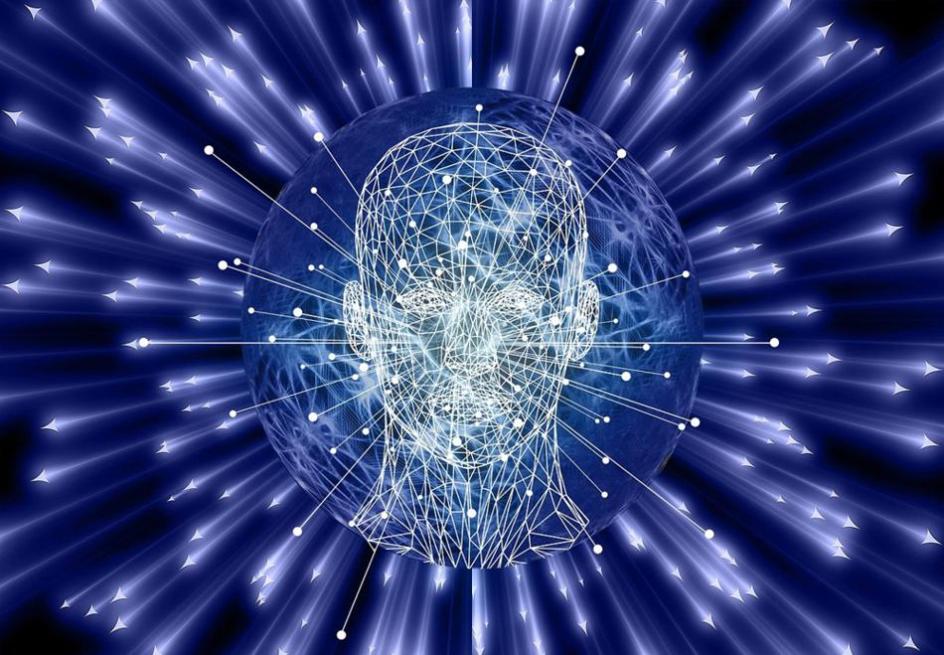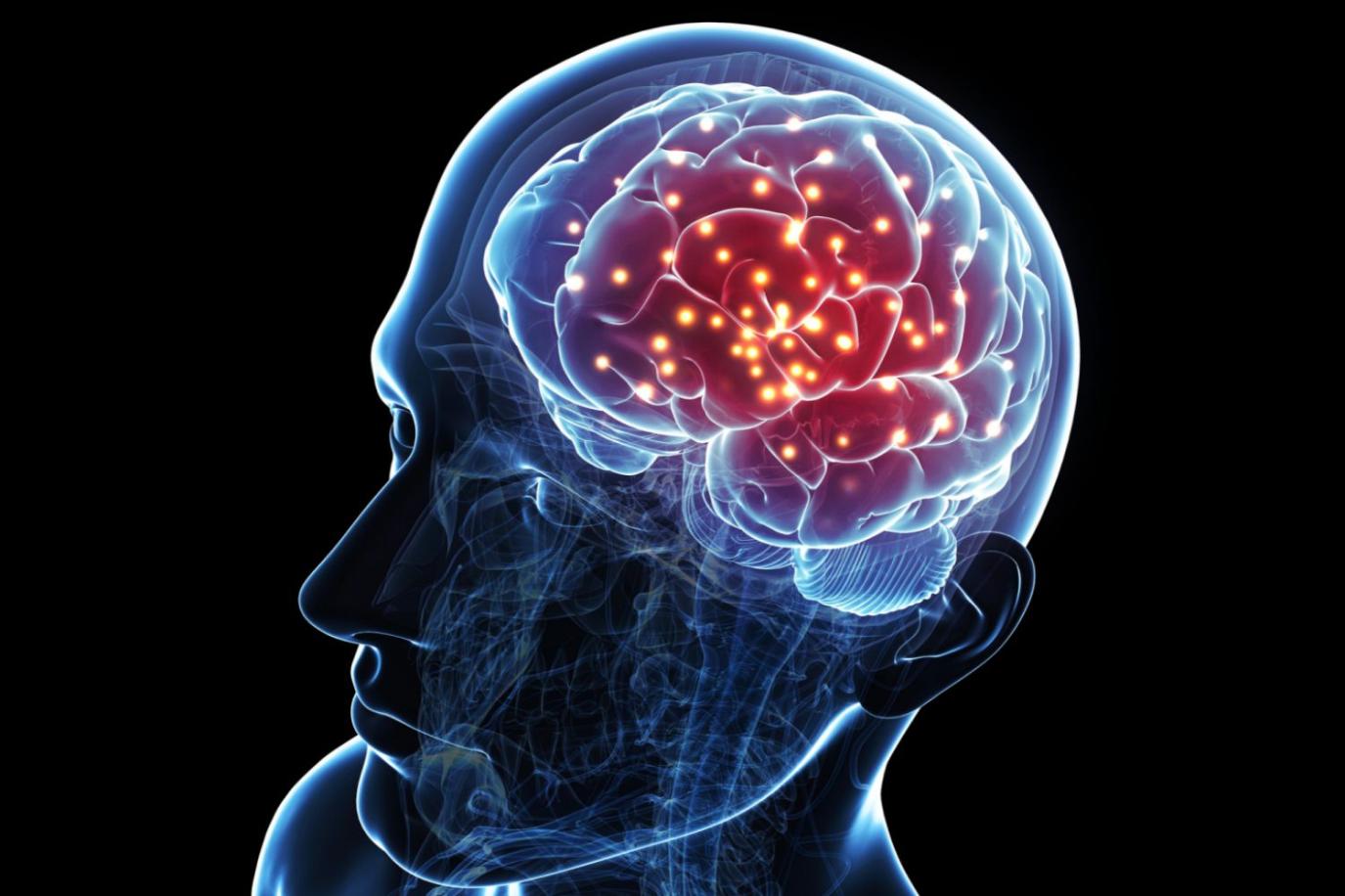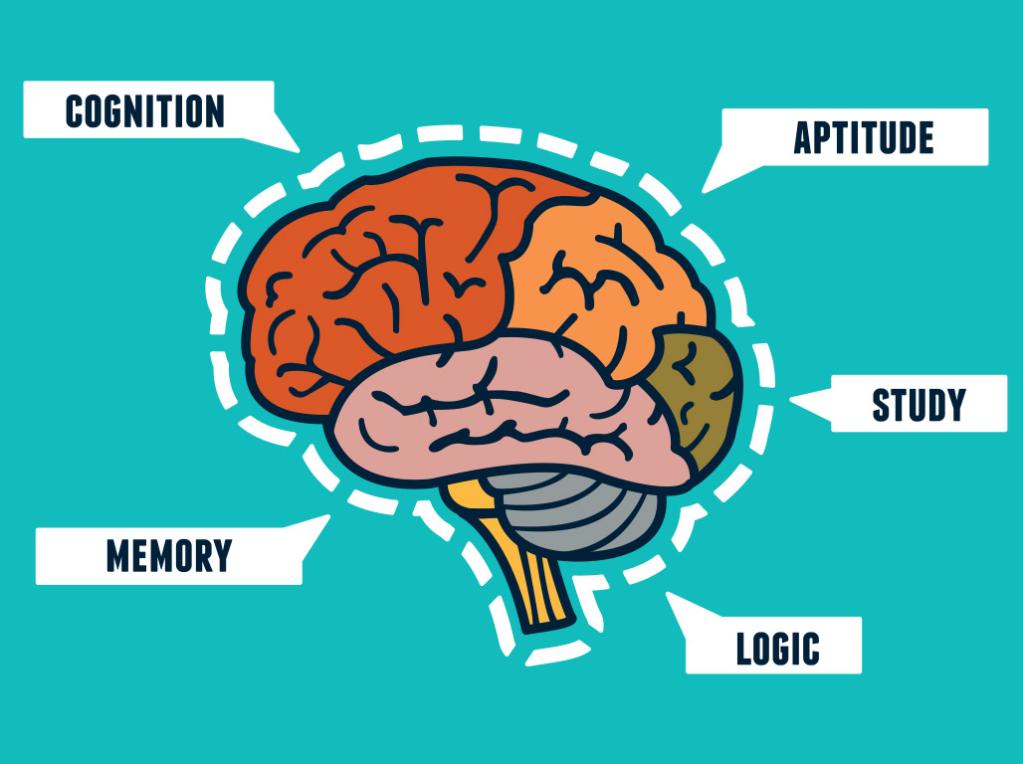The Brain's Reward System: Exploring the Neural Mechanisms of Pleasure and Addiction
The brain's reward system plays a crucial role in our ability to experience pleasure, motivation, and learning. It is a complex network of brain regions and neurotransmitters that work together to reinforce behaviors that are essential for survival and well-being.

Understanding the neural mechanisms underlying the reward system is critical for gaining insights into the development of addiction, mental health disorders, and the design of effective interventions.
Anatomy And Physiology Of The Reward System
Key Brain Regions:
- Ventral Tegmental Area (VTA): Produces dopamine, a key neurotransmitter involved in reward processing.
- Nucleus Accumbens (NAc): Receives dopamine from the VTA and is involved in the experience of pleasure and reward.
- Prefrontal Cortex (PFC): Regulates reward-related behaviors and decision-making.
Dopaminergic Pathway:
- Dopamine neurons in the VTA project to the NAc, forming the mesolimbic dopamine pathway.
- Dopamine release in the NAc is associated with feelings of pleasure and reward.
- Dopamine also plays a role in motivation, attention, and learning.
Neurotransmitters And Reward
Dopamine:
- The primary neurotransmitter involved in reward processing.
- Dopamine release in the NAc is associated with feelings of pleasure and reinforcement.
- Dopamine also plays a role in motivation, attention, and learning.
Serotonin:
- Involved in mood regulation, sleep, and appetite.
- Low serotonin levels have been linked to depression and anxiety.
- Serotonin also interacts with dopamine in the reward system.
Endorphins:
- Natural opioids produced by the body.
- Endorphins have pain-relieving and mood-boosting effects.
- Endorphin release is associated with activities such as exercise and social bonding.
Reward System And Addiction
In addiction, the brain's reward system is hijacked by drugs or other addictive substances.
Neuroadaptations In Addiction:
- Repeated drug use leads to changes in dopamine signaling and neural connectivity in the reward system.
- These changes result in an increased craving for the drug and a decreased ability to control drug-taking behavior.
- Addiction is characterized by compulsive drug-seeking and use despite negative consequences.
Reward System And Mental Health
Disruptions in reward processing have been linked to various mental health disorders.
Depression:
- Reduced dopamine and serotonin levels have been observed in depression.
- Dysfunctional reward processing may contribute to the loss of pleasure and motivation seen in depression.
Anxiety:
- Increased dopamine activity has been associated with anxiety disorders.
- Dysregulation of the reward system may contribute to the heightened fear and avoidance behaviors seen in anxiety.
Schizophrenia:
- Dopamine dysregulation is a key feature of schizophrenia.
- Altered reward processing may contribute to the positive and negative symptoms of schizophrenia.
Therapeutic Implications

Targeting the reward system holds promise for the treatment of addiction and mental health disorders.
Pharmacological Interventions:
- Medications that modulate dopamine and other neurotransmitter systems are used to treat addiction and mental health disorders.
- These medications aim to restore balance to the reward system and improve symptoms.
Behavioral Interventions:
- Behavioral therapies, such as cognitive-behavioral therapy (CBT), aim to change maladaptive behaviors and thought patterns associated with addiction and mental health disorders.
- These therapies can help individuals develop healthier coping mechanisms and improve their ability to regulate their emotions and behaviors.
The brain's reward system plays a fundamental role in pleasure, motivation, and learning. Understanding the neural mechanisms underlying this system is crucial for addressing addiction, mental health disorders, and developing effective interventions.

Continued research in this area is essential to gain a deeper understanding of the intricate workings of the reward system and to develop more targeted and effective treatments for a wide range of conditions.
YesNo

Leave a Reply